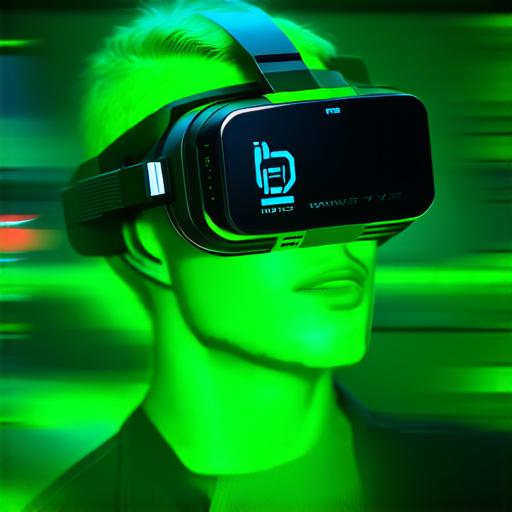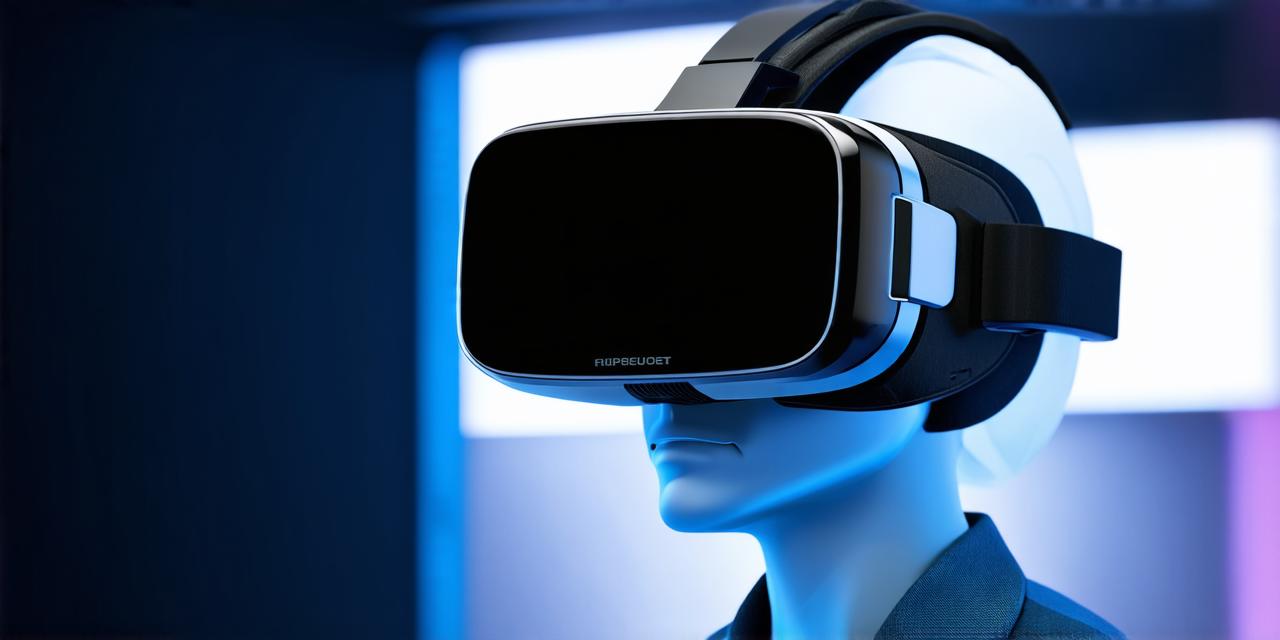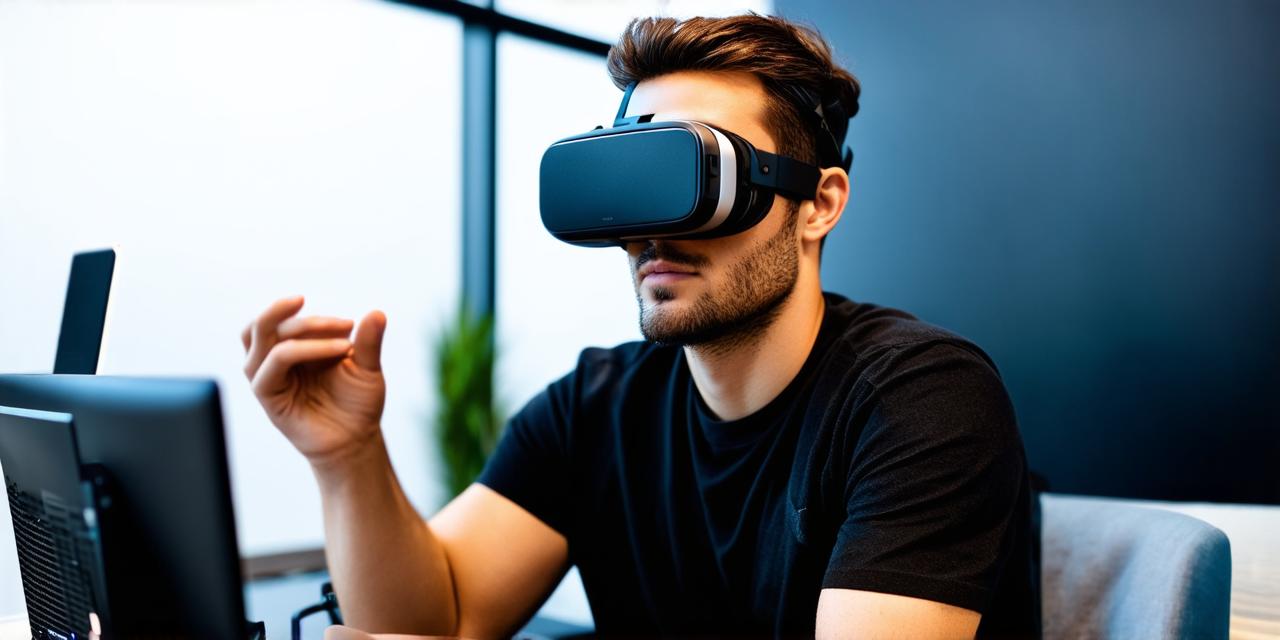
The Virtual Reality (VR) revolution has been gaining momentum in recent years, and its potential applications in psychological interventions are no exception. VR offers a unique opportunity to simulate real-life experiences and situations in a safe and controlled environment, making it an attractive tool for treating a wide range of mental health conditions.
Virtual reality (VR) is a technology that allows users to experience a simulated environment through the use of sensors and specialized headsets. In recent years, VR has gained popularity as a tool for psychological interventions, with numerous studies showing its potential to treat a wide range of mental health conditions.
The ability to create highly immersive and realistic simulations of real-life situations makes VR an attractive tool for treating anxiety disorders, phobias, post-traumatic stress disorder (PTSD), and other mental health conditions that involve exposure to triggering stimuli. For example, VR has been used to treat fear of heights by exposing patients to simulated heights in a controlled environment, allowing them to gradually overcome their fear.
In addition to its potential for exposure therapy, VR has also been used to enhance cognitive-behavioral therapy (CBT), a type of talk therapy that focuses on changing negative thought patterns and behaviors. By creating realistic simulations of real-life situations, VR can provide patients with a safe and controlled environment in which to practice new skills and strategies for managing their mental health.
The Science Behind Virtual Reality and Psychological Interventions
While the potential benefits of VR in psychological interventions are clear, there is still much to be learned about its underlying mechanisms and how it affects the brain. Researchers believe that VR’s effectiveness lies in its ability to activate the same neural pathways as real-life experiences, allowing patients to reprogram their brains and overcome mental health conditions.
Limitations and Challenges of Virtual Reality in Psychological Interventions
Despite its potential benefits, VR also has some limitations and challenges that must be addressed in order to fully realize its potential as a tool for psychological interventions. One of the main challenges is the cost of VR technology, which can be prohibitively expensive for many patients and healthcare providers.
Another challenge is the need for specialized training and expertise to use VR technology effectively. While VR technology is becoming more user-friendly, it still requires a certain level of technical proficiency to create effective simulations and programs.
In addition, there are concerns about the long-term effectiveness of VR in treating mental health conditions. While many studies have shown short-term improvements in symptoms, there is limited evidence to suggest that VR interventions lead to long-term changes in behavior or thought patterns.
Real-Life Examples of Virtual Reality in Psychological Interventions
Despite these challenges, there are numerous real-life examples of VR being used successfully in psychological interventions. One such example is the use of VR exposure therapy for phobias. A study published in the journal Frontiers in Human Neuroscience found that VR exposure therapy was as effective as in vivo (real-life) exposure therapy in treating fear of heights.
Another example is the use of VR in treating PTSD. A study published in the Journal of Traumatic Stress found that VR exposure therapy for combat-related PTSD was associated with significant reductions in symptoms compared to a control group that received traditional talk therapy.
The Potential Future of Virtual Reality in Psychological Interventions
While there are still some challenges to be addressed, the potential future of VR in psychological interventions is bright. As technology continues to advance, VR is likely to become more affordable and accessible, making it an attractive tool for treating a wide range of mental health conditions.
In addition, there is ongoing research into the underlying mechanisms of VR and its effects on the brain, which may lead to new insights and treatments for mental health disorders.
Summary
Virtual reality technology has the potential to revolutionize psychological interventions by providing a safe and controlled environment in which to simulate real-life situations and treat a wide range of mental health conditions. While there are still some challenges to be addressed, the potential benefits of VR in treating mental health disorders make it an attractive tool for healthcare providers and patients alike. As technology continues to advance, VR is likely to become an increasingly important part of the psychological intervention landscape, offering new opportunities for treatment and recovery.




